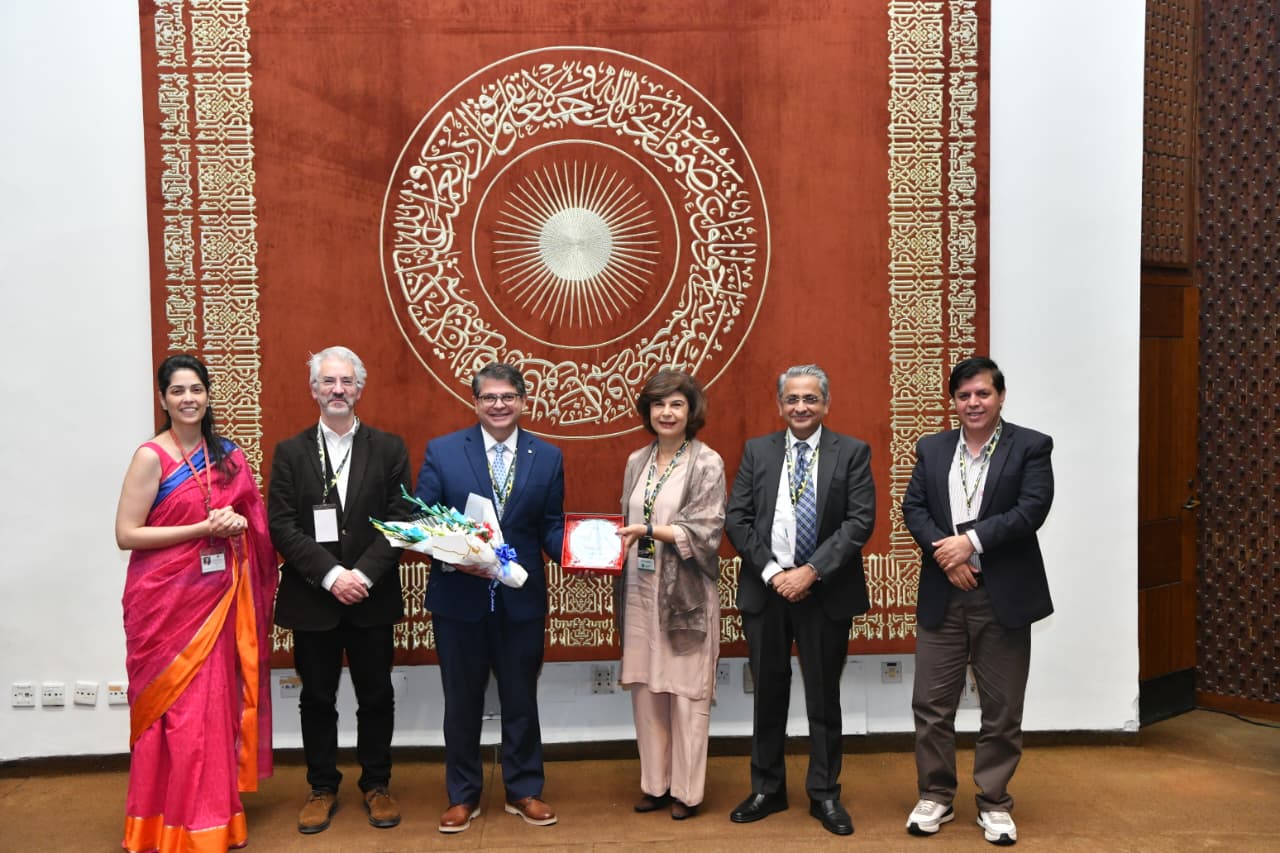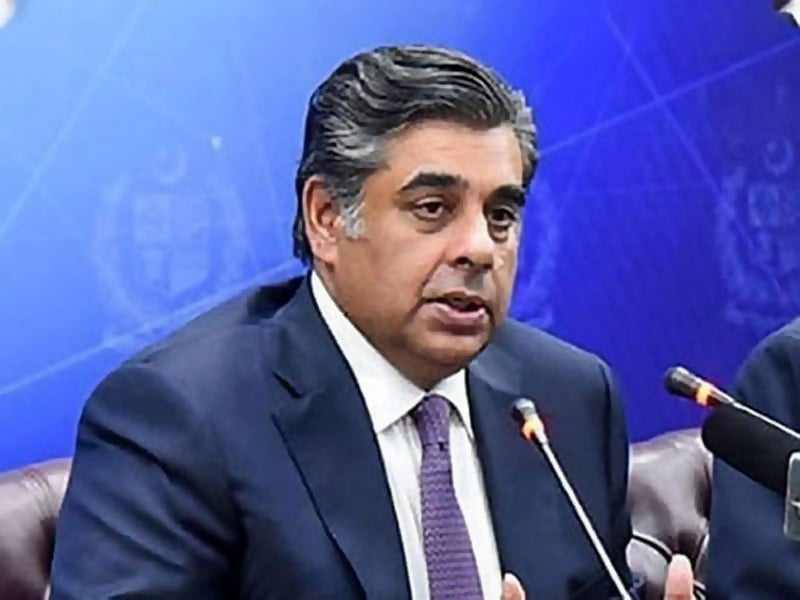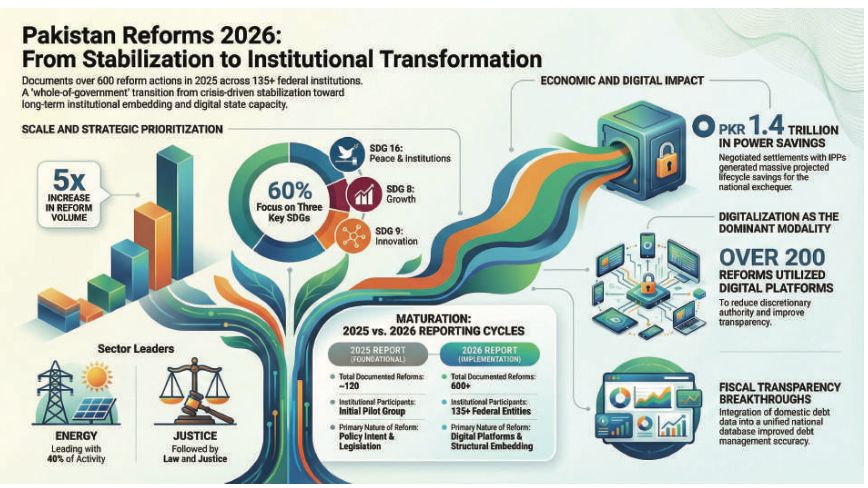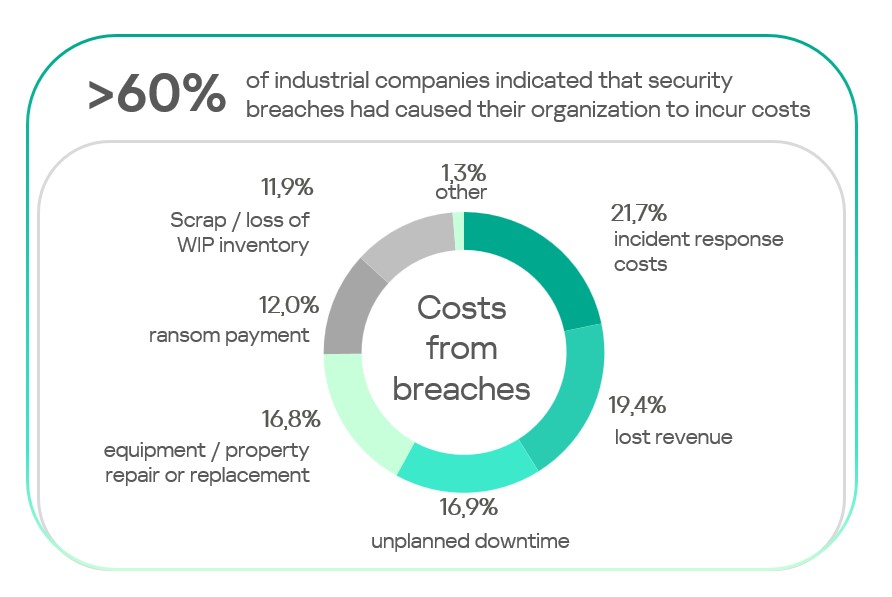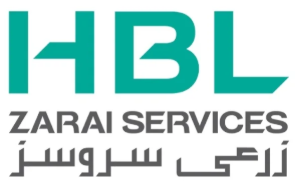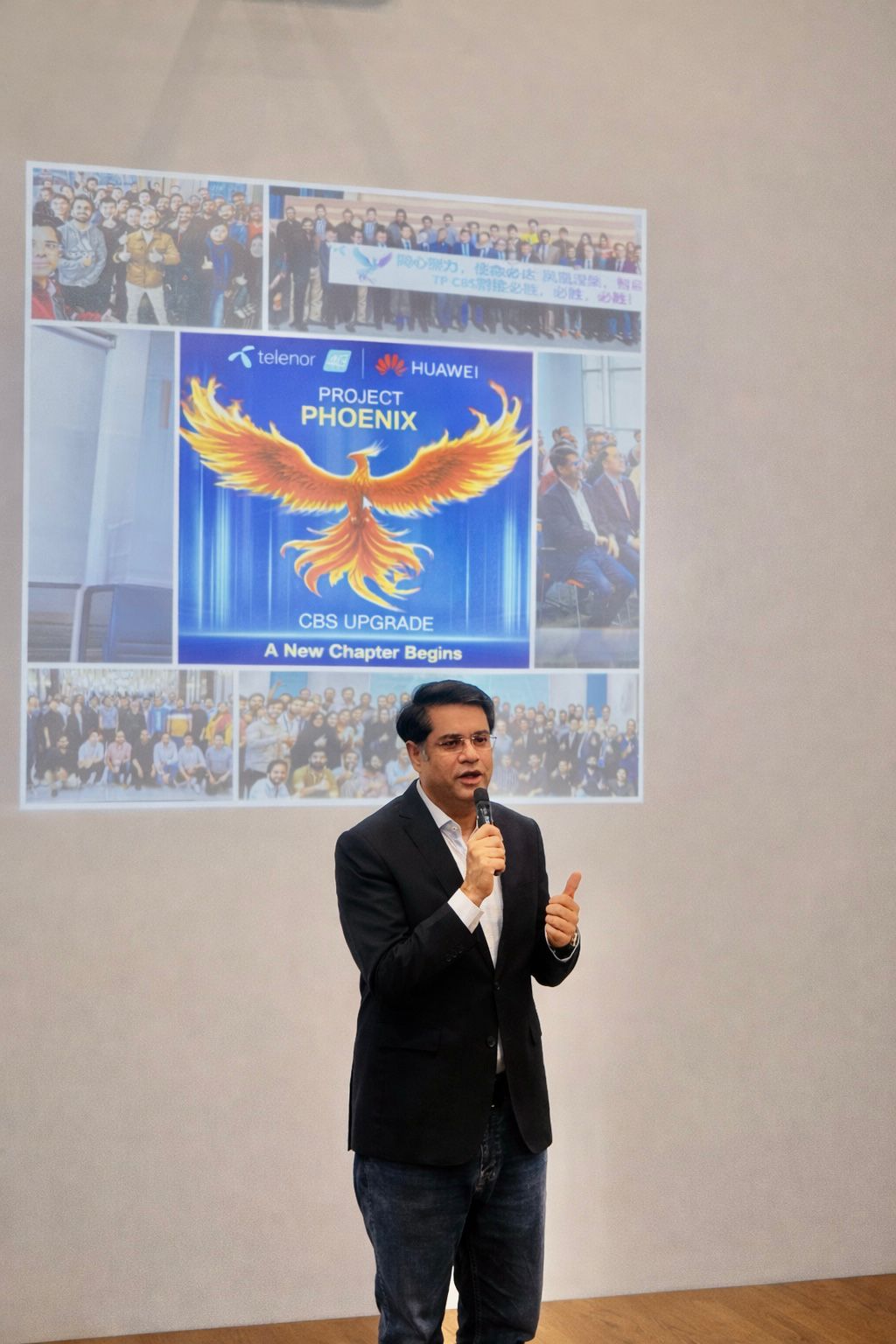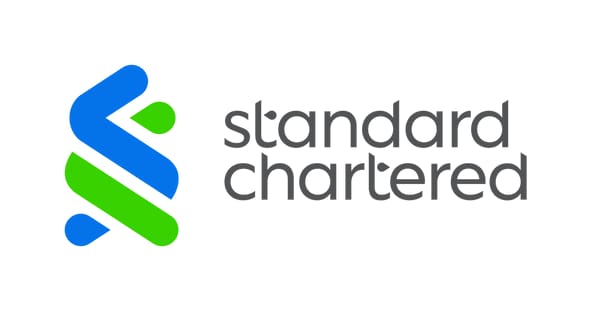Standard Chartered Pakistan and IFC announce new $400 million risk- participation facility to enhance trade finance
Standard Chartered Bank Pakistan and IFC, a member of the
World Bank Group, have announced a new $400 million Risk-Participation Facility to support short-
term trade and working capital facilities for major local corporates and exporters based in Pakistan,
helping boost foreign exchange inflows and drive sustainable economic growth.
“We are delighted to further solidify our enduring partnership with IFC through this groundbreaking
agreement – a unique collaboration between IFC and Standard Chartered Pakistan. As a bank with
a strong trade focus and a significant presence in 53 markets across Asia, Africa, and the Middle
East, we are instrumental in enhancing access to capital and liquidity and promoting global trade.
This collaboration with IFC empowers us to better support our clients, helping them expand their
businesses and enhance their growth potential,” Rehan Shaikh, CEO & Head of Coverage,
Standard Chartered Pakistan, said.
“This new important milestone in our strong, longstanding partnership with Standard Chartered
Bank Pakistan reflects IFC’s deep commitment to strengthening Pakistan’s financial sector and
supporting its export-driven industries. By doubling the size of our Risk-Participation Facility, we are
helping unlock vital trade and working capital financing for businesses that drive growth, create jobs,
and contribute to the country’s long-term economic resilience. Together, we are advancing inclusive
and sustainable development through innovative financial solutions tailored to Pakistan’s evolving
needs”, Momina Aijazuddin, Regional Head of Industry of IFC’s Financial Institutions Group for the
Middle East, Türkiye, Central Asia, Pakistan, and Afghanistan, commented.
This initiative, which was formalised in September 2025, builds on the previous joint $200 million
facility that was committed in December 2022. It capitalises on the extensive experience of IFC and
Standard Chartered in terms of export-oriented and large-scale manufacturing industries in
Pakistan, and aims to boost foreign exchange inflows. It is expected to drive sustainable economic
growth in the country by enhancing the availability of trade and working capital loan facilities,
including supply chain financing and sustainable finance products.






